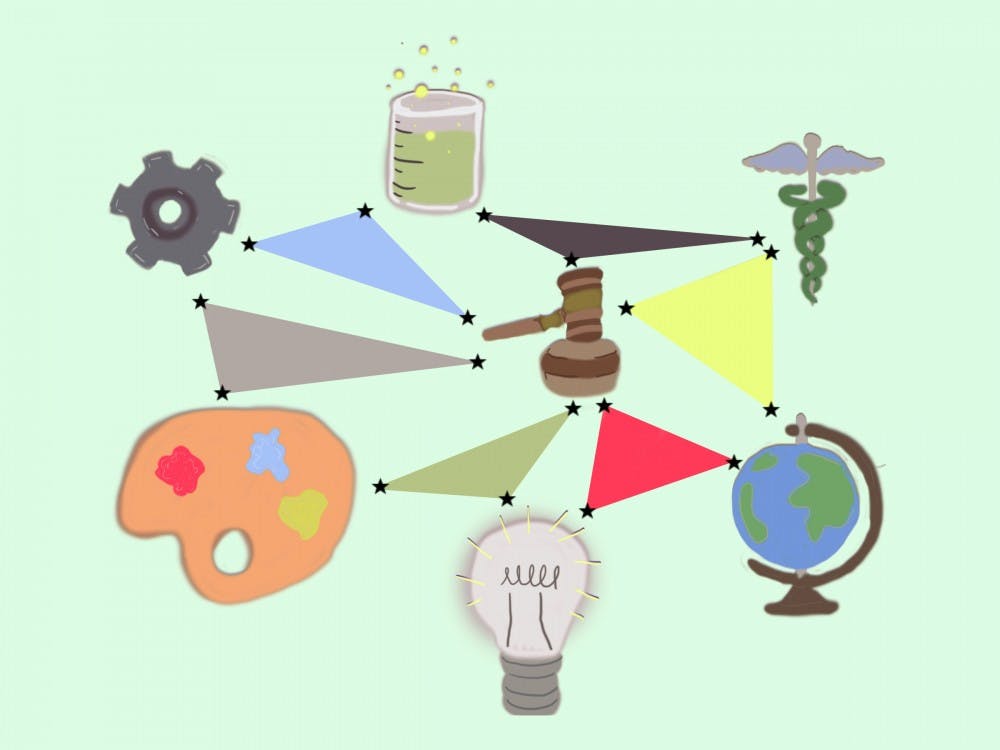“What are you going to do with that major?”
Although this is an annoyingly familiar question for students pursing English, history or fine-arts majors, it is not entirely baseless.
Depending on the context, the question may not necessarily be an attack on the decision-making ability of college students, but rather posing an important consideration. While the student being questioned may not know the answer, his or her eventual goal should be something.
With an increasingly competitive job market and arguably grim prospects for many college students seeking employment after graduation, students are often discouraged by their parents or peers from declaring liberal arts majors.
To add to the stress of being passionate about humanities-related subjects, there is no scarcity of online articles around the web listing the top ten most- and least-paid college majors, suggesting prospective students to pursue fields such as computer science or engineering while advocating against pursuing careers in social sciences.
While there is a disparity between salaries, no student is necessarily guaranteed a job in the first place and there is a multitude of other factors which affect employability.
Jennifer Nahrgang, an associate professor of management and entrepreneurship, offers another way to be employable.
“I don’t think that any degree program is particularly career limiting,” Nahrgang said. “It requires passion to get a job, and if you have a passion you can usually find a way to make that work. A lot of what you learn are things like being proactive, and a lot of careers are looking for soft skills.”
Another concern that students should be cognizant of as they go through college is specialization.
Students pursuing general majors, whether it be business or psychology, should focus on specifically what they want to do with their major, as this affects the particular knowledge and skill they acquire in college. This increases their chances of distinguishing themselves from the rest of a pool of applicants for a certain job.
However, what students want to do with their major may not be what they actually end up doing.
Approximately 80 percent of college students in the U.S. change their major on at least one occasion. Furthermore, more than half of college graduates end up in careers unrelated to their majors.
“Think about general interests, interview people in that job, be open-minded to different opportunities, be proactive and understand what it means to have a certain career,” Nahrgang said.
There also ways for students in exploratory programs to find their passions and apply a career direction to them.
“You can talk to advising or career services, but there are also online tools,” Nahrgang said. “There’s an online tool called ONET, which lets you look for occupations, think about things you value in a career interest profile as well as careers to consider.”
As students jump from program to program before eventually settling on one career path, they should focus on building skill sets that make them more employable while attempting to specialize in a certain area of their field.
Reach the columnist at kalbal@asu.edu or follow @KarishmaAlbal on Twitter.
Editor’s note: The opinions presented in this column are the author’s and do not imply any endorsement from The State Press or its editors.
Want to join the conversation? Send an email to opiniondesk.statepress@gmail.com. Keep letters under 500 words and be sure to include your university affiliation. Anonymity will not be granted.
Like The State Press on Facebook and follow @statepress on Twitter.




